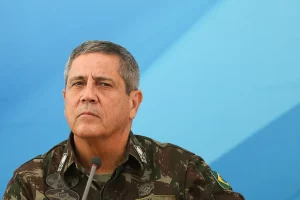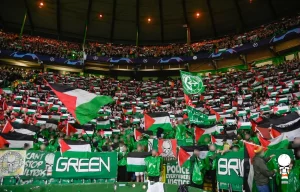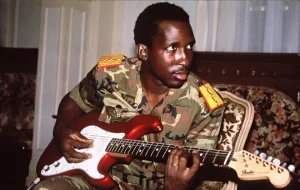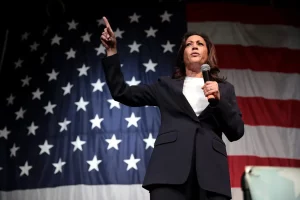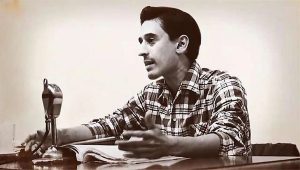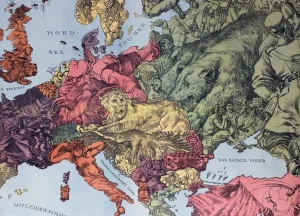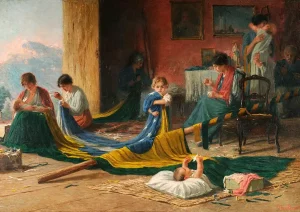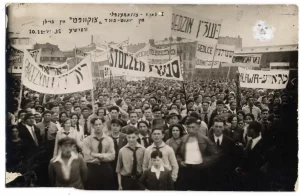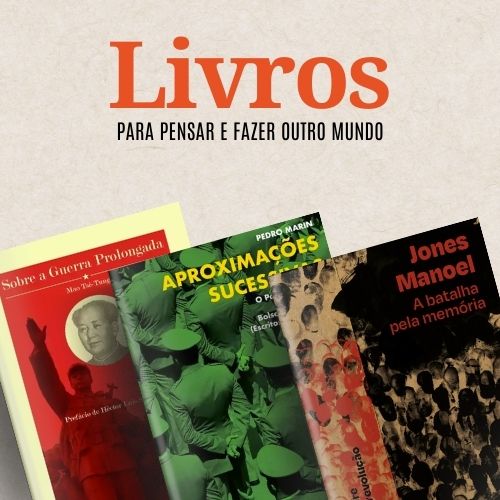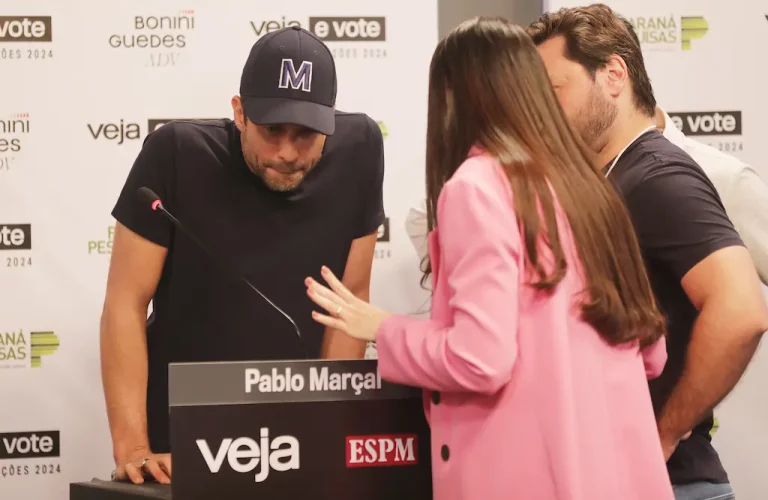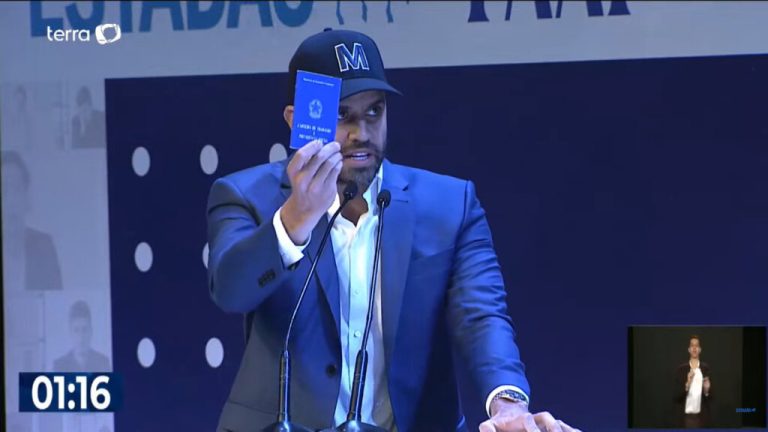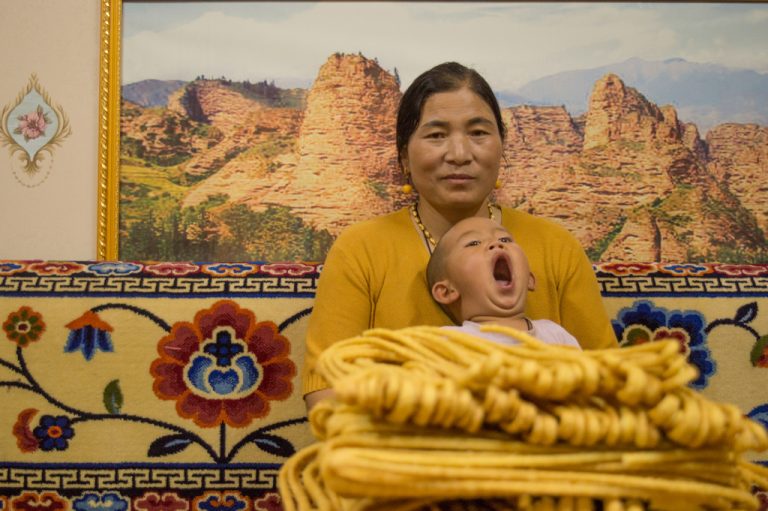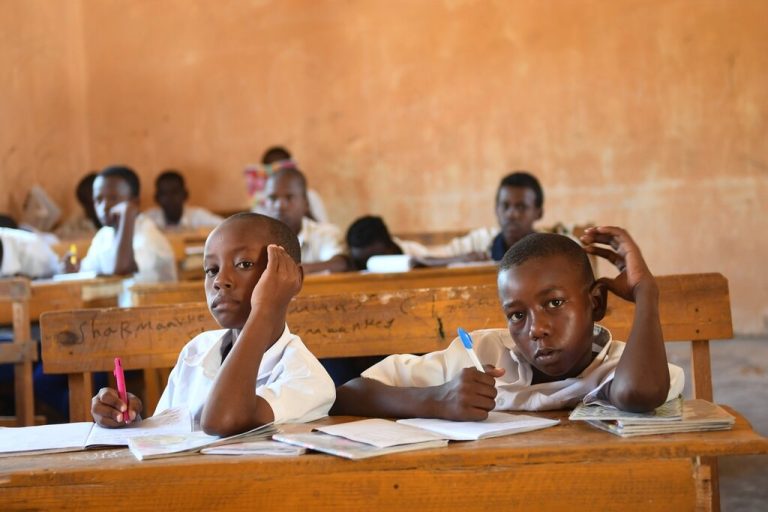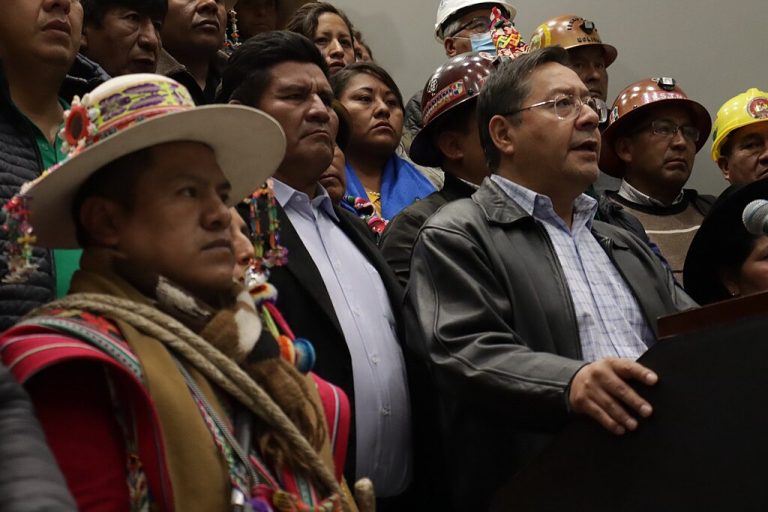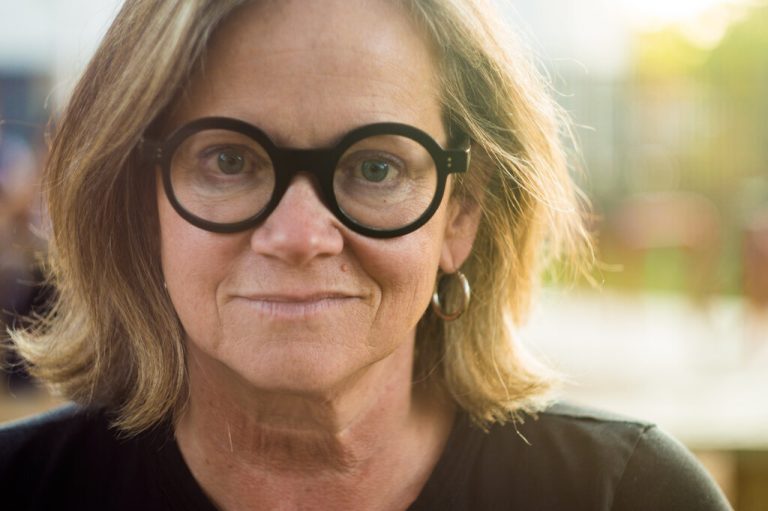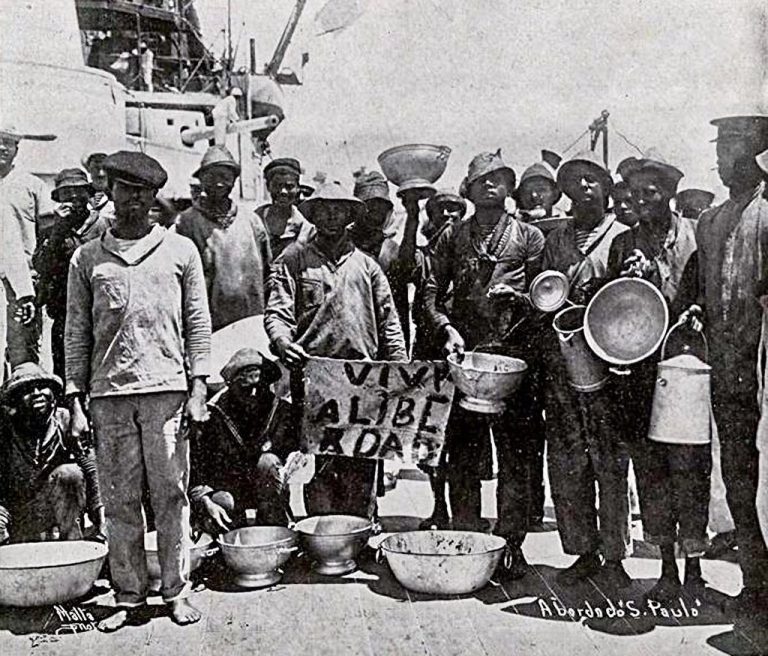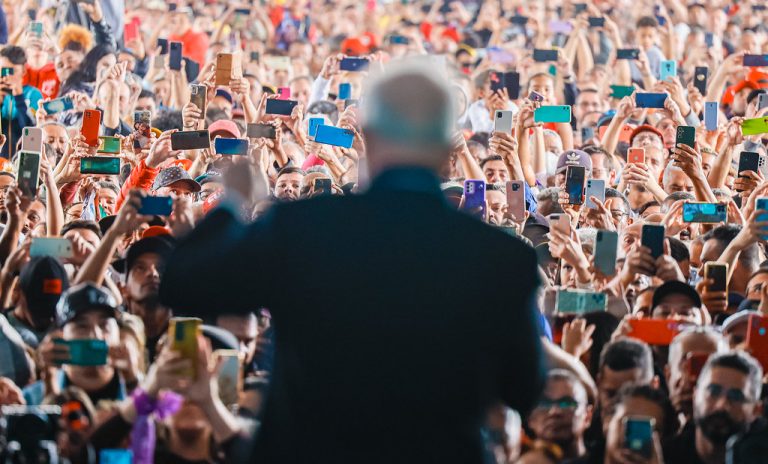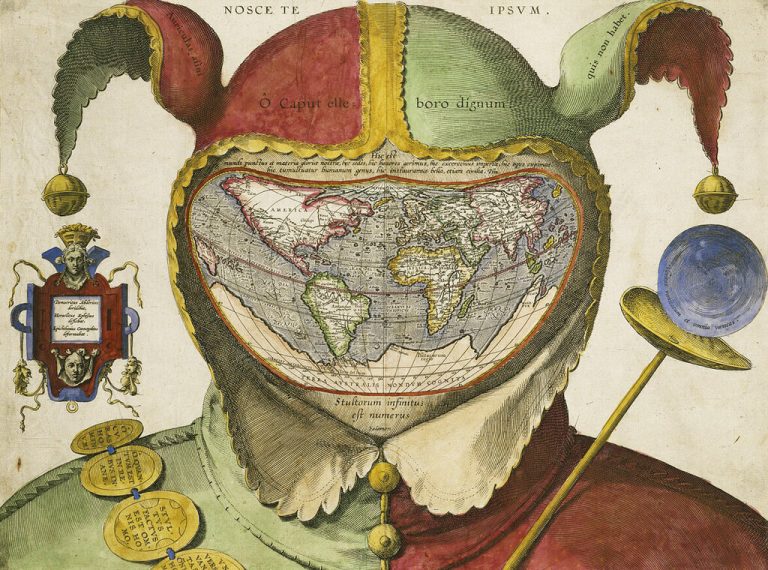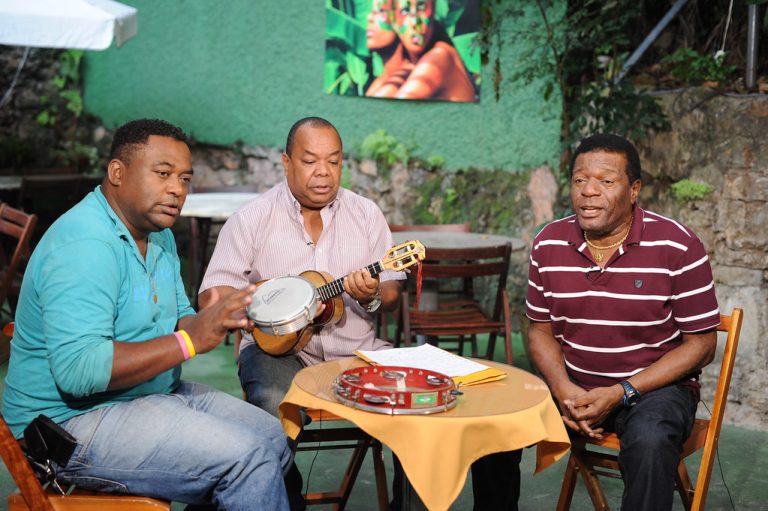The situation in Venezuela seems to have degraded since this year’s January 23rd, when the president of the country’s National Assembly, Juan Gaidó, proclaimed himself as interim president. US vice-president, Mike Pence, stated last week that “the struggle in Venezuela is between dictatorship and democracy – and freedom has the momentum. Nicolás Maduro is a dictator with no legitimate claim to power – and Nicolás Maduro must go.”
It is clear that Mike Pence’s statement should be taken by any democrats with a grain of salt. After all, it doesn’t sound very democratic that a country imposes solutions to others in such an unilateral way. And, taking into account the historical veil North Americans carry with them every time they head to the altars of international politics – the coups in Latin America on the 1960s and 1970s, the more recent “regime changes”, in Libya and Ukraine, and the support for openly anti democratic regimes, as the ones at Saudi Arabia and Israel – it is natural that anyone who really worries about democratic values would feel an urge to check the facts a few times before taking a stand regarding Venezuela.
Unfortunately this is not what a certain troupe of democrat gentlemen has been doing. And, even if they so wished, it would be an arduous task, considering that before Gaidó proclaimed himself interim president the world press had already established a big consensus, which Mike Pence tries to reaffirm, where all the complexity of the Venezuelan political process is summarized in two sides: at one side is Maduro, the God of War and usurper of power, based solely upon his sword’s cutting edge. At the other, the opposition and Venezuelan people, oppressed as defenseless cherubins, emanating the smell of their democratic roses. To put it simply, using Pence’s words: a struggle between “dictatorship” and “democracy”.
From the unforgettable past
However, in order to really understand the current situation at Venezuela, it is necessary to avoid absurd simplifications and go back to another January 23rd, in 1958. On that day, the Venezuelan dictator Marcos Pérez Jiménez was overthrown in a coup d’etat orchestrated by unhappy sectors of the Armed Forces.
The mark of the Jiménez government, who had governed since 1952, when he overthrew Rómulo Gallegos with support from Washington, was one of corruption and social inequality. In the shadows of Caracas’ modernization, financed with petroleum money, grew the profits of a few and the poverty of many. The mobilizations against the regime also fortified day-by-day, and the Catholic Church came to public with a pastoral primer read by the Archbishop of Caracas, Rafael Ignacio Arias Blanco, on the 1st of May at 1957, in which it denounced the growing poverty, and exhorted workers to organize and fight against Pérez Jiménez.

It was a signal that the regime had become untenable. The Venezuelan business elite joined a few parties and, meeting at New York, the leaders of the Chamber of Commerce and representatives from the parties “Democratic Action” (AD), Democratic Republican Union (URD) and from the “Social Christian Party” (COPEI) formed a coalition and went to stimulate street movements and indisposition against the regime among the military. The final product was the overthrowing of Pérez Jiménez, on January 23rd, 1958.
From the fall of the dictator Jiménez, however, was born the Punto Fijo Pact, a big agreement establishing alternance of power between the three mentioned parties, excluding Venezuela’s Communist party, so far one of the main instigators of street mobilizations against Pérez, besides dozens of other organizations from the democratic left. During almost fourty years the power in Venezuela was divided solely between Democratic Action and COPEI, with few programmatic differences, in order to create political “stability”, at the expense of suffocating the opposition and political minorities, who did not dispute institutional power.
The “father of democracy” in Venezuela
If communists were isolated from institutional power by one side, they were repressed in their organizations by the other. Soon after settled in power, past Jiménez’s overthrow, the president Rómulo Betancourt (AD), considered the “father of Venezuelan democracy”, made his pronouncement about the new police doctrine for the country: “Shoot first, ascertain later.” One of the clearest marks of Betancourt’s repressive policy was marked on August 4, 1959. In this occasion, workers and unemployed people who demonstrated against the Emergency Economic Plan, which established, among others, a reduction of 10% in the minimum wage, were violently repressed at Plaza Concordia, in Caracas. Three were killed, and 70 were wounded.

In “Venezuela Violenta” (written in 1968, when the “dictator” Nicolás Maduro was just a six-years-old, so that its author can’t really be considered a Chavista) Orlando Araujo gives us an important description:
“[…] a government arising from elections, which bases his mandate and historical reason upon the validity and defense of the democratic system, but which, however, maintains two political parties illegal, many left newspapers were closed by decree, there are hundreds of political prisoners in every prison of the country – among them many parliamentarians whose immunity was violated […] What began circumstantially with those three Venezuelans murdered by leaving Plaza Concordia developed with the voracity of a vertiginous fire stirred by actions and reactions that converted ‘representative democracy’ into a dreadful agency of violations to rights and to human dignity, and which forced political organizations that for years had demonstrated their vocation for civic struggle and resisted persecutions, prisons, exiles and tortures by the hands of democracy, to begin gestating an armed movement in order to secure their subsistence and ensure their continuity in the revolutionary struggle against the decision of annihilation adopted by a government which pardoned no one.”
The doctrines inaugurated by Betancourt – including 1961’s Constitution and its repressive premises [2] – extended over all forty years of the Punto Fijo Pact.
“Democracy” or Bullets
The end of this pact began delineating in 1989, with popular insurrections that came to be known as “Caracazo”. In the nine days separating February 27 from March 8 that year, thousands of Venezuelans went to the streets, at times destroying and plundering everything in front of them, in an insurrection against the neoliberal measures implemented by Carlos Andrés Pérez’s government commanded by the International Monetary Fund (IMF).
The government responded. In February 28 was proclaimed “state of emergency”, with the suspension of all basic civil liberties. Suspended were the right to freedom and civil security (article 60), the right to home inviolability (article 62), the right to freedom of speech (article 66), to hold public or private meetings (article 71) and the right to peaceful demonstrations (article 115). Apart from that, a 12-hour curfew was established, forcing the citizens to stay home from 6 at evening to 6 at morning, and all public assemblies were banished.
The Army soon went up Caracas hills and stepped into the poor neighborhoods, officially killing 276 and wounding 2 thousand – many posterior surveys, however, revealed that more than a thousand were killed (some speak of 2 thousand), in their majority due to “indiscriminate shooting performed by agents of the Venezuelan state” and “extrajudicial executions”, according to a trial by the Inter-American Court of Human Rights in 1999.

“We [members of MBR-200;] realized that we were in a dead end, and that we had to take up arms. We could not continue to defend a murderous regime”, said posteriorly who, at the time, was just a young army official: Hugo Chávez.
Three years after Caracazo, in February 1992, the lieutenant colonel Chávez had indeed taken up arms, commanding about 2 thousand soldiers in a coup d’etat attempt against Andrés Pérez, which ended up frustrated.
Chávez ended up arrested, but at this point he had already thrown too much dirt over Punto Fijo’s corpse. His election, in 1999, more than marking the beginning of a new policy of wealth distribution and of a new kind of political movement in Venezuela, marked the end of a pact that, under the discourse of “defense of democracy” and stability, tried to stanch, at times through open repression, demands that, sooner or later, would explode.
In the Chávez government, the poverty levels decreased abruptly. In 2003, 62,1% of the Venezuelans lived under the poverty line – in 2011, the number was reduced to 31,9%. The infant mortality rates declined 35% in twelve years (in 1999 it was 20 deaths per 1000 births, in 2011 it went to 13 deaths per 1000 births). Literacy grew and the country was declared “illiteracy free territory” by UNESCO, the number of young people attending high school rose from 57%, in 1999, to 83% in 2010.
Cháves also nationalized a good number of natural resources through the “new hydrocarbons law”, which established the domain of Venezuelan State over fossil fuels and the limit of 49% for private property in activities for oil and gas extraction. In 2007, many exploitation initiatives from companies like Exxon Mobil, ConocoPhillips and Total were nationalized.
It was the first time an effort of this magnitude was made in order to distribute more equally the wealths coming from oil. However, this did not mean structural change in Venezuelan economy; the Country remained and remains highly dependent. As I wrote in March last year:
“3% of Venezuelan exportations are crude oil, 16% are refined oil and about 1% is petcoke. In total 90% of exportations (about 30,8 billion dollars) depend on oil.
On the other hand, 8,4% of importations to the country are refined oil – which demonstrates the inability to refine the totality of the necessary amount for internal consumption. 95% (2,18 bi dollars) of this refined oil is bought from the US, while 50% (12,3 bi dollars) of crude oil exportations are done to the US. In referring to importations, Venezuela is also highly dependent. Almost a fifth exportations are from food products, other ⅖ are from chemical products (medicine, mostly) and machinery. 29% of total importations come from the US, with China (19%) and Brazil (11%) also fulfilling important roles – in 2000, 36% of importations came from the US, ten years earlier the number was 46%.
This is one of the main reasons for Venezuela to historically have a highly inflationary economy: whereas there is a large currency inflow as dollars, there is not a sufficiently large internal production. As such it is necessary to spend in order to supply internal demand. ”
It is this scenery of acute external dependency that explains, in good part, what’s called a “humanitarian crisis” in Venezuela. You don’t smoke, drink or eat oil. It has no wheels either – even though it makes them turn -, it doesn’t heal headaches, neither receives phone calls. And when the barrel price plummets, as happened in 2014 and 2015, it is necessary to export more oil in order to import less food, medicine, cigarettes, drinks, cars and cell phones.
To the urgent present
And it is due to this abrupt decrease in the consumption capability that the political dispute radicalizes in Venezuela, especially in 2014. Since we are talking about economy, maybe it is relevant for us to ask who has been, in this field, more “democratic”, or who seems to worry more about the people’s needs.
Who likes economic warfare?
While in Venezuela, in October 2017, I got a closer look at some government measures to ease the crisis effects. Besides the recurring wage increases, which tried to face up to the inflation, the metro in Caracas was basically for free – the measure sought to reduce workers expenses – and the government kept a basic shopping basket program subsidized under a nearly modest price, called “CLAP” (Comités Locales de Abastecimiento y Producción). Apart from that, it regularly kept a prices list for many products, aiming to prevent speculation, and at the time developed a cryptocoin backed by oil, the “Petro”, with the goal of attracting investments and fight the crisis.
And what about the United States and the opposition? Well… The opposition has recurrently asked for more sanctions on part of the US and other countries against Venezuela, in a logic of “the worse is the economy, the better will be the setting for overthrowing Maduro.” In this year’s January, for example, they asked that “not only should present sanctions be maintained, but increased” in all Latin America, and that one should advance “from simple declaratory sanctions to financial sanctions”. More recently, the request was enforced by the self-proclaimed interim president, Juan Gaidó. The Petro, for instance, suffered sanctions by the United States, which prohibited transactions with the currency, violating treaties from the World Trade Organization (WTO).
History tells
If the opposition so acts in economy, its methods couldn’t be different in the political arena either. Does Venezuela today live in a struggle between democracy and dictatorship?
Let us resort first to historical comparison: today there are, in Venezuela, free elections, both in national and regional scope. It is ironic, but just after Chavismo the premise that different political organizations could participate in the elections was established in the country, contrary to what occurred in the “democratic” years of Punto Fijo.
In the regional elections I covered in 2017, for instance, the “Gran Polo Democratico”, coalition of the governing party PSUV, gained 18 states, and the “Mesa de Unidad Democratica” (MUD), from the opposition, five. Even though they have won, the Chavistas lost two states, and some of the states that stayed under MUD’s domain were very relevant politically – for example Táchira and Zulia, which border Colombia. No doubt also something quite different from what occurred during the years of Punto Fijo, when it was the National Executive who appointed governors and mayors, with no regional elections.
It is also relevant to think about what is denounced as Maduro’s “repressive measures”.
There are talks about the “killed in the protests”; a total of 126 deaths in many months of protests, from which 14 were caused by the authorities, 23 were victims of opposition political violence, 8 died in consequence of the barricades (mainly in traffic accidents), 3 were killed by pro-government civilians, 14 died during lootings, 3 were accidental deaths and 61 deaths did not have their cause identified. From any point of view, a number quite different from the 276 “official” deaths (because extraofficial numbers tell of more than a thousand) in nine days of Caracazo.
There are talks about attempts of “stopping the protests”. But let us contrast today’s police repression in specific cases – which, we should remind our democratic gentlemen, occurs in every country of the world, including the most loved democracies (Sweden for example maintains an important intelligence system with the motto of “protecting the frail democracy” from radical elements) – with the prohibition of every kind of political meeting under the State of Emergency at the years of the Punto Fijo Pact. Maduro did not prohibit peaceful protests, did not put parties in illegality, did not establish a twelve-hours curfew.
Who elected the United States?
It is clear that an astute reader will say that today’s opposition isn’t made from those organizations of the Punto Fijo Pact. He will be wrong, since many of the opposition’s “new parties” in Venezuela came precisely from the Acción Democrática (AD) and from COPEI, and since these two parties were part of the Mesa de Unidad Democratica (MUD) – doesn’t by any chance such a democratic opposition coalition feel ashamed of having among their members parties that dominated power at a high cost to the oppositors for forty years?
Anyway, there is a variable which, since then, hasn’t been altered at all: the United States positions. The Country, today appearing to lift the flag of freedom against Venezuelan dictatorship, has always been a key ally of the antidemocratic governments in Venezuela – be it Pérez Jiménez, be it the Punto Fijo governments. When the army went up the hills of Caracas with murderous fury, the United States did not proclaim that “all options were on the table” to overthrow the government, neither denounced as “illegitimate” elections from which parties were openly excluded. As we saw, they were preoccupied holding official meetings with Venezuelan presidents, or awarding them medals.
North American interference was broken by the Chavismo. It is precisely for that why the United States helped in the coup d’etat attempt in 2002 (no doubt a democratic coup d’etat, of course!) against Hugo Chávez.
Without sovereignty there can be no democracy. If doubts are cast on the “legitimacy” of Maduro, elected with more than six millions votes, no doubt they should be cast on an opposition that not only acclaims moves by the United States against their country, but also requires more external support. It is necessary to ask, democratic gentlemen: how many Venezuelans elected the United States?
But someone was indeed elected…
In the 2018 presidential elections, from which Maduro came out victorious, participated, apart from the Chavista, the opponents Henry Falcón, Javier Bertucci, Reinaldo Quijada, Francisco Visconti Osorio and Luis Alejandwebro Ratt. A good part of the opposition decided to boycott the elections that year – elections which, let us remember, the opposition repeatedly asked to be anticipated.
Despite the fact that the elections were followed by about 150 observers – which included 14 electoral commissions from eight different countries, 2 technical missions, 18 journalists from different countries, an European parliamentarian and an electoral delegation from Russia – they did not get recognized by the US, neither by the 14 countries from the Lima Group.
We should highlight, however, that there were appeals by the Venezuelan government that different organizations, including the UN (which denied the invitation), observed the elections.
“And here, unless the government corrects me, apart from OAS, everyone was invited to live the electoral process. That is: are there no experts in the European Union, with the means there are today, and in the United Nations, and in all the rest of the organizations, to know if certain elections are done correctly? Of course there is”, said the Spanish ex-president José Luiz Rodríguez Zapatero, who was an observer in the elections and mediator in the negotiations between the government and the opposition.
The elections in 2018, by the way, were performed by the same National Electoral Council (CNE) and under the same system than the parliamentary elections in 2015, which resulted in a massive victory for the opposition and in the election of the now self-proclaimed interim president Juan Gaidó as deputy. It seems weird that such a dictatorial government such as Nicolás Maduro’s, omnipotent and omniscient, has allowed the opposition to conquer the National Assembly in 2015, but machinated the whole electoral process in 2018. At the same time, it also seems weird that an opposition denouncing the 2018 elections as illegitimate – since Maduro would have absolute control over every institutional corner of the country – considers the ones from 2015, when it was victorious, legitimate.
How, for three deputies, was a country paralyzed
And it is precisely to the 2015 parliamentary elections where maybe we should return to understand the current imbroglio. At the time, the Mesa de Unidad Democratica, after almost two years of quite violent protests, conquered a majority in the country’s National Assembly, with 112 out of 167 Assembly’s seats. After the contest, the Supreme Court of Venezuela precautionarily suspended four deputies from taking office, from whom three were opponents and one was chavista, for irregularities – among them vote buying – in the State of Amazonas. The National Assembly, however, pledged the deputies, and the Supreme determined that all actions by the organ would be null while these deputies remained in office.
Without these three deputies, the opposition would lose the majority of 2/3 in the Assembly (111 deputies), and thus would have to conquer two ruling party’s votes to approve their measures (which among them had included the proposition to perform a revocatory referendum to overthrow Maduro); likewise, the ruling party’s deputies should conquer 54 votes from the opposition in order to approve their measures. But the opposition decided to remain in contempt to the Supreme’s determinations, and that way was defined the institutional arm wrestling: Supreme Court, on the one side, Legislative, on the other.
Thus an institutional problem was created: if the National Assembly could legislate no more, since it affronted Supreme’s orders, Venezuela was effectively without a Parliament. The Supreme Court got to assume for itself the premise of legislating – a sentence that was nullified after request from the Venezuela’s Council of Defense, directed by Maduro.
The opposition continued to take, inside the National Assembly, now devoid of their powers, every kind of measure against Maduro. It came to approve an amnesty and reconcilement national law to set free more than 100 of their leaders charged with conspiring against the government or encouraging violence, and to establish a “judgement of responsibility” against Maduro, in order to weaken him. Meanwhile, it continued to summon up violent protests (the so-called “Guarimbas.“)
Maduro tried, at much cost, to reach a resolution for the impasse. In October 31, 2016, a dialogue table was established, with mediation from the Vatican. On the following day, the government released five of the so-called “political prisoners” – a condition put by the opposition before proceeding with the dialogue. In November 12 that year, the government and the opposition published a joint declaration promising to overcome the problems, and a truce was established. However, two days later, the opposition simply declared the breaking of the truce.
Institutional confusion was only solved a year later, by the Executive, which under article 348 of the Venezuelan Constitution summoned in May 2017 a Constituent Assembly, electing 545 representatives. The opposition responded by convoking new protests, oftentimes extremely violent, and boycotted the process – that is, excluded themselves from the electoral process, seeking to invalidate it before the international opinion, as they had already done to Chávez.
Between the sword’s perfume and the rose’s cutting edge
The dispute today, far from what our “democrats” dream, does not take place in the institutional field anymore: it happens through force. While denouncing the acts of Maduro, who repeatedly acted towards mediation and dialogue, as anti democratic, the opposition convokes the military to “collaborate with restitution of the constitutional order” (also known as overthrowing Maduro), allies itself to hardly democratic sectors of the United States in order to “solve” the internal situation, accepts a figure such as Elliot Abrams to “inspect democratic transition”; the man responsible for providing weapons to the death squads in Guatemala and El Salvador in the 80s, who trafficked weapons to the Contras in Nicaragua, and who was involved in the 2002 coup against Chávez.
Not to mention what the anti-chavistas carry in their recent past: violent protests where people are set on fire, attacks against PSUV headquarters (in Tovar, Bolívar and in Lechéria), burnings of cultural centers (the anti chavistas indeed seem to be especially fond of fire), grenade attacks against the Supreme, invasions against embassies which go back to the 2002 coup, and a shameless acceptance of North American funding to the operations against Maduro (let us remember Juan Andrés Mejía, back then director of the party Voluntad Popular, of the current “interim president” Juan Gaidó, answering a question about North American funding to his party: “As long as it’s not illegal, if another country wants to help us making elections more transparent and help strengthening a political party, I don’t see what’s wrong with it.”)
In this setting, gentlemen, it is hard to speak of an arm wrestling between dictatorship and democracy. In Venezuela, Maduro’s sword emanates perfume, and the opposition’s flowers cut.
Liked the article? Donate now and help us build counter-hegemonic thinking!
Notes:
[1] – It’s also recommended the mini documentary “Rómulo Betancourt: el padre de la democracia que mató primero y averiguo después” available on Youtube.
[2] – Like the State of Emergency, broadly adopted in the Punto Fijo years, which was included as premise in the government of Betancourt’s Constitution.

